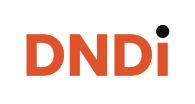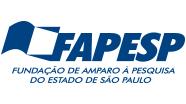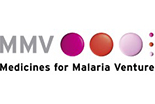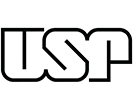Research
The identification of promising new hits and their optimization into high-quality lead series is an essential step in the early stages of the modern drug discovery process. We established the MINDI Consortium to discover novel drug candidates for Chagas disease, Visceral Leishmaniasis, and Malaria.
Two Brazilian academic groups working in collaboration with expert scientists from the Drugs for Neglected Diseases initiative (DNDi) and Medicines for Malaria Venture (MMV) in a 5-year project with clear goals (see below). The project is co-financed by all partners together with FAPESP via the Partnership Research Program for Technological Innovation (PITE).

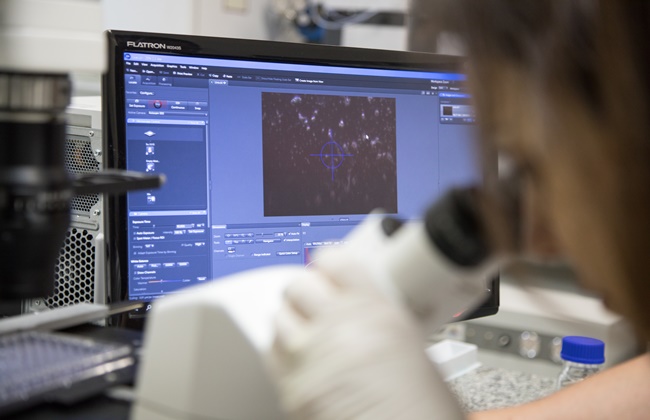
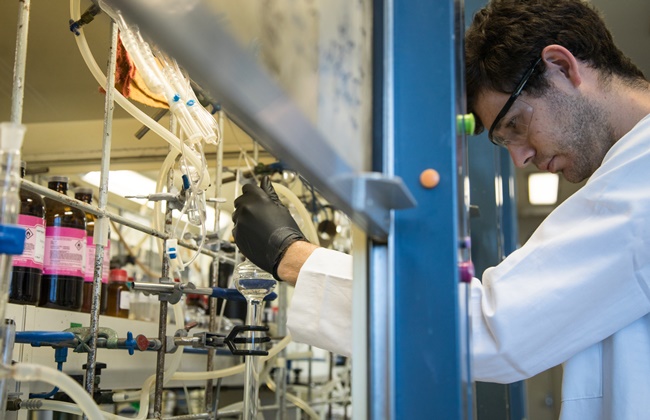
Deliver a clinical candidate for malaria
Deliver a clinical candidate for malaria: The overall goal in malaria is to deliver a clinical candidate, as defined by the criteria for an MMV Preclinical candidate. Such a compound should have the potential to be developed, in combination, to deliver a SERCaP (Single Exposure Radical Cure and Prophylaxis) or single exposure chemoprotection drug (SEC). A clinical candidate broadly speaking needs to have potency against relevant parasites EC50<10nM, a low propensity to generate resistance, have oral efficacy in rodent models (ED90<10mg/kg), good developability, a good safety profile, low cost of goods, and good solid state properties. MMV will provide the project with quality lead molecules, aligned to a particular target product profile (TPP) of interest. The team will investigate structure-activity relationships in these series in order to further optimize them and deliver drug candidates, as well as to aim to elucidate novel mechanisms of action.
Deliver a clinical candidate for Chagas disease and/or visceral leishmaniasis
The goal of this project is to deliver an optimized lead compound ready for preclinical and subsequently clinical development for the treatment of Chagas disease and/or visceral leishmaniasis (VL) that addresses the significant deficiencies of current standard of care medications. We use target product profiles (TPPs) developed by DNDi and its partners to ensure the deliverable is a novel drug candidate that meets the needs of patients. The targeted clinical candidate will combine anti-protozoal efficacy with an acceptable safety profile and pharmacokinetics/physicochemical properties commensurate with oral delivery for testing against Chagas disease and/or a wide spectrum of manifestations of leishmaniasis, including visceral leishmaniasis.
The contribution of Brazilian scientists to the eradication agenda of malaria, Chagas disease and visceral leishmaniasis is of the utmost importance because of its impact in South American and other badly afflicted regions worldwide. After this five-year period of the project, we strongly believe the MINDI Consortium is going to be firmly established as a world-class research group in the field of drug discovery for tropical parasitic diseases.
Project stages
Stage 1: Lead identification (Years 1 and 2)
Hit-to-lead programs being implemented by the partners: First, hit compounds are re-synthesized, their primary activity reconfirmed, and cross-resistance ruled out as an issue. Then an interactive cycle of designing and synthesizing analogues, followed by testing for activity, physicochemical properties and metabolic stability are engaged. During this process, we take advantage of predictive tools accessible through collaborators and the drug discovery knowledge of the whole team.
The initial goal of this cycle is to improve potency, selectivity over host cells, physical properties, metabolic stability and permeability. Ultimately, we seek to identify compounds with sufficient systemic exposure following oral dosing to provide a proof of concept in an animal model of each disease. The early lead compounds will be prioritized according to their biological profile, ADME (Absorption, Distribution, Metabolism, and Excretion) properties and physicochemical properties. The scientific results will be published in high-impact international journals.
Stage 2: Lead optimization (Years 2, 3 and 4)
Once in vivo proof of concept has been demonstrated, the project will move into full lead optimization, along with hit-to-lead optimization of back-up series. The team will focus on improving potency, pharmacokinetics and safety profiles of the early leads to identify high-quality advanced leads with excellent efficacy in preclinical models of disease, good safety profiles, good predicted human pharmacokinetics, and a low predicted human dose. Through the MINDI Consortium network, the group designs, synthesizes and generates the primary biological data for the analogues. MMV and DNDi have the ability to provide screening across the parasite lifecycles, including in vivo models, alongside DMPK (Drug Metabolism and Pharmacokinetics) and safety assays. However, wherever possible, groups within Brazil will be used to generate additional secondary biological data. Through this optimization process, a late lead will be generated and subjected to more detailed profiling in accordance with MMV and DNDi late–lead criteria.
Stage 3: Candidate selection (Year 5)
The late leads will undergo detailed profiling required for all clinical candidates. The first key step will be to scale up the synthesis to prepare enough material of the late-lead candidates. Key studies include safety profiling detailed pharmacology studies, identification of a suitable solid-state form for development (salt screens, if appropriate, crystallinity, polymorphism). These studies can be carried out either using Brazilian facilities or groups within MMV and DNDi networks.
Major contributions and impacts of the project
Scientific contributions and public health impact
The delivery of high quality anti-malarial, anti-chagasic and anti-leishmaniasis drug candidates will represent a significant scientific achievement. The MINDI Consortium is focused on the needs of neglected patients in endemic countries in order to sustainably deliver the innovation and attention they deserve.
Creating a highly efficient and collaborative drug discovery team
The delivery of late-lead compounds will be achieved by combining a Brazilian group highly skilled in organic synthesis (UNICAMP, São Paulo, Brazil) with groups highly experienced in parasitology and ADME (USP, São Carlos, Brazil) and DMPK (accessed through MMV/DNDi network), together with MMV and DNDi.
MMV and DNDi provide leadership and medicinal chemistry mentorship by continuing to collaborate with a highly experienced medicinal chemistry and DMPK consultants. In addition, MMV and DNDi provide support through their extensive assay network, along with expertise in the discovery and development of anti-malarial, anti-chagasic and anti-leishmanial compounds.
Part of the objectives include the continuous review of scientific and technical capabilities of research groups (academic and industrial/CRO) in Brazil that may join the consortium to fulfil the needs for specialist research services for the consortium.
Training and mentorship
MMV and DNDi support the Brazilian team to develop additional medicinal chemistry skills through the provision of a highly experienced medicinal chemistry mentor for the project. The teams are also encouraged to interact with senior scientists from both the academic and private sectors throughout multiple hands-on projects. The teams will become experienced in drug discovery analysis (e.g. structure activity relationship) and decision making (e.g. medicinal chemistry targets), thus developing transferable skills that will further enhance drug discovery capabilities within Brazil. In addition, training is provided in various drug discovery computational tools and databases necessary for a modern drug discovery program.
Impact on the Brazilian research community
The creation of a Brazilian research project involving other internationally renowned scientists has the potential to further enhance our drug discovery capabilities by creating a sustainable, independent and internationally leading network of scientists within the country. This will also have a powerful impact on drug discovery for parasitic tropical diseases by accelerating the timelines and allowing the exchange of best practices and methods with other research groups in the region.
Direct beneficiaries
This project will allow UNICAMP, USP and other collaborators to improve the knowledge and expertise of its researchers in the field of tropical parasitic disease drug discovery, while having a direct impact on the growth of the universities in terms of employment and infrastructure. In addition, it will help to create networking platforms with other international research partners and lead to the establishment of a robust and internationally accredited drug discovery center. MMV and DNDi will enlarge their networks in endemic countries, particularly in Brazil, which is essential to help support the development of new and affordable drugs adapted to the needs of patients.

